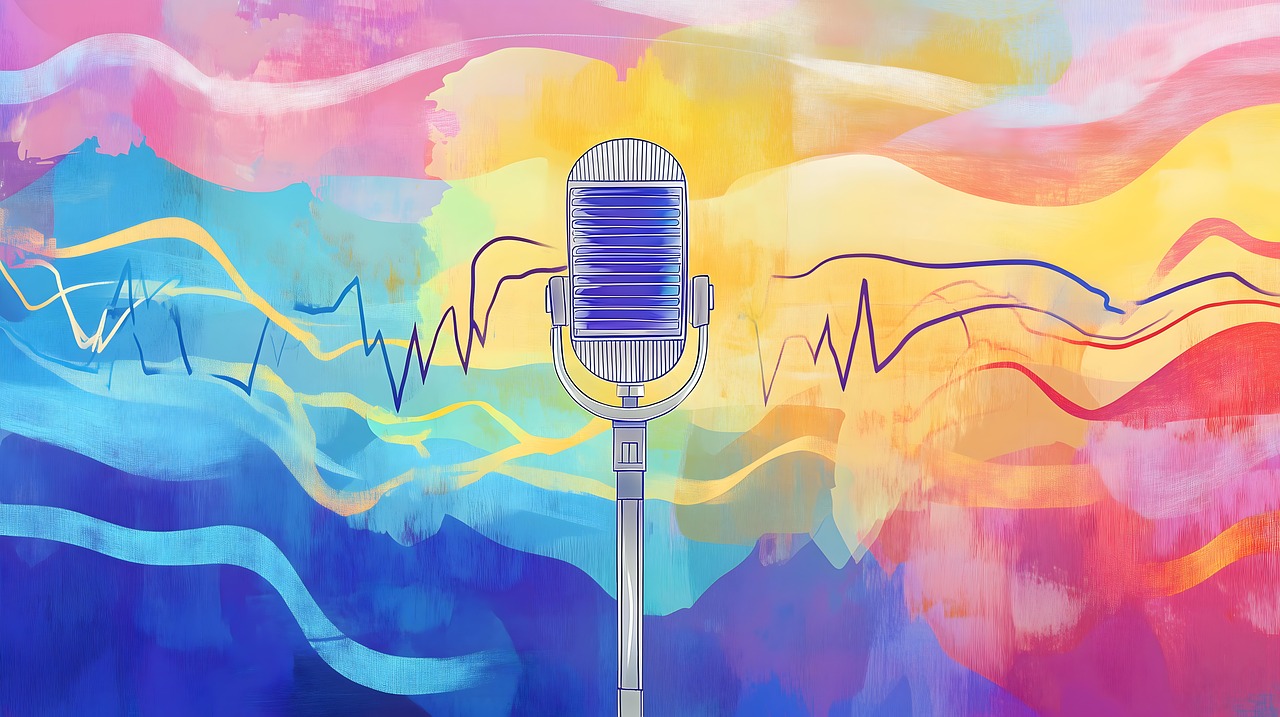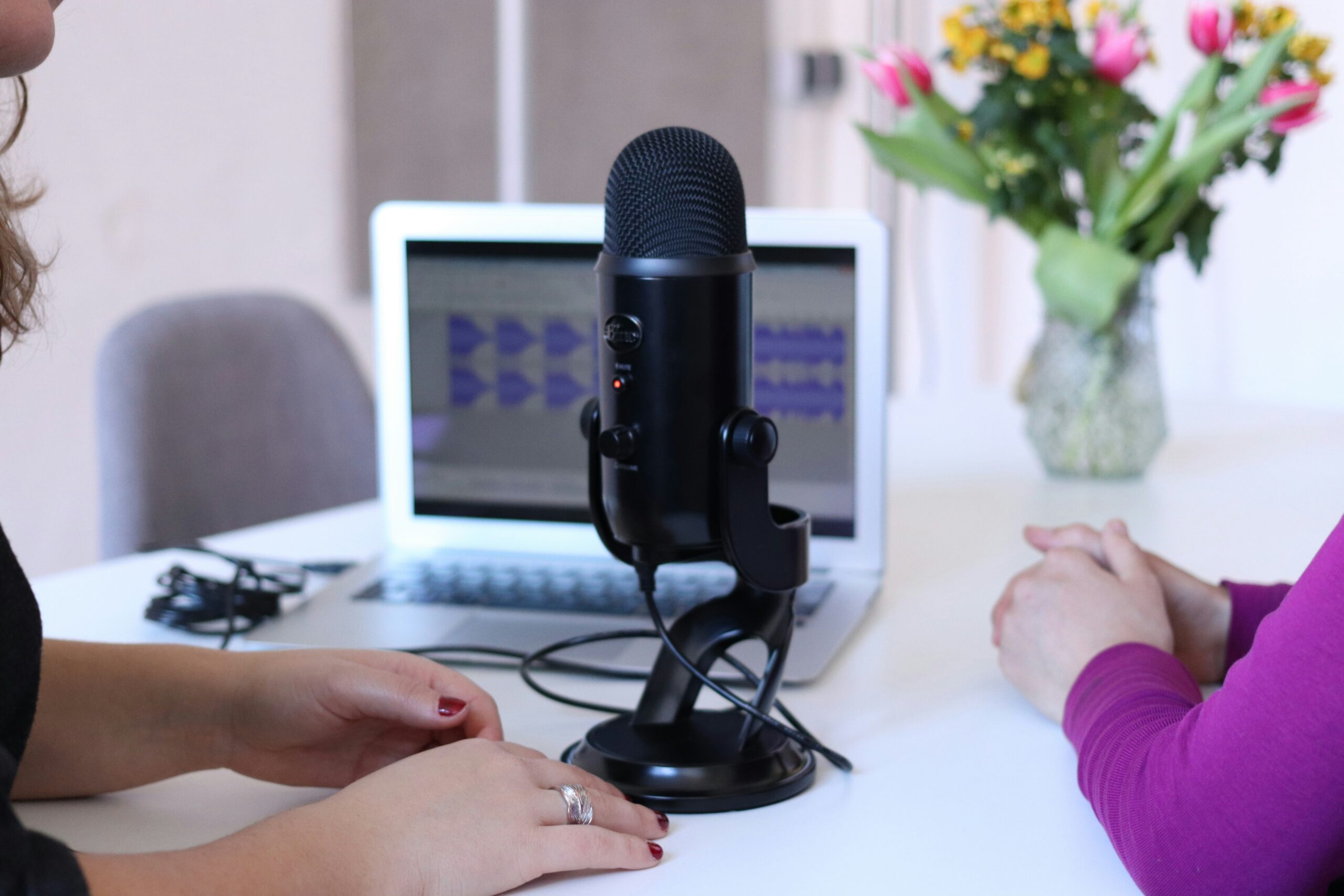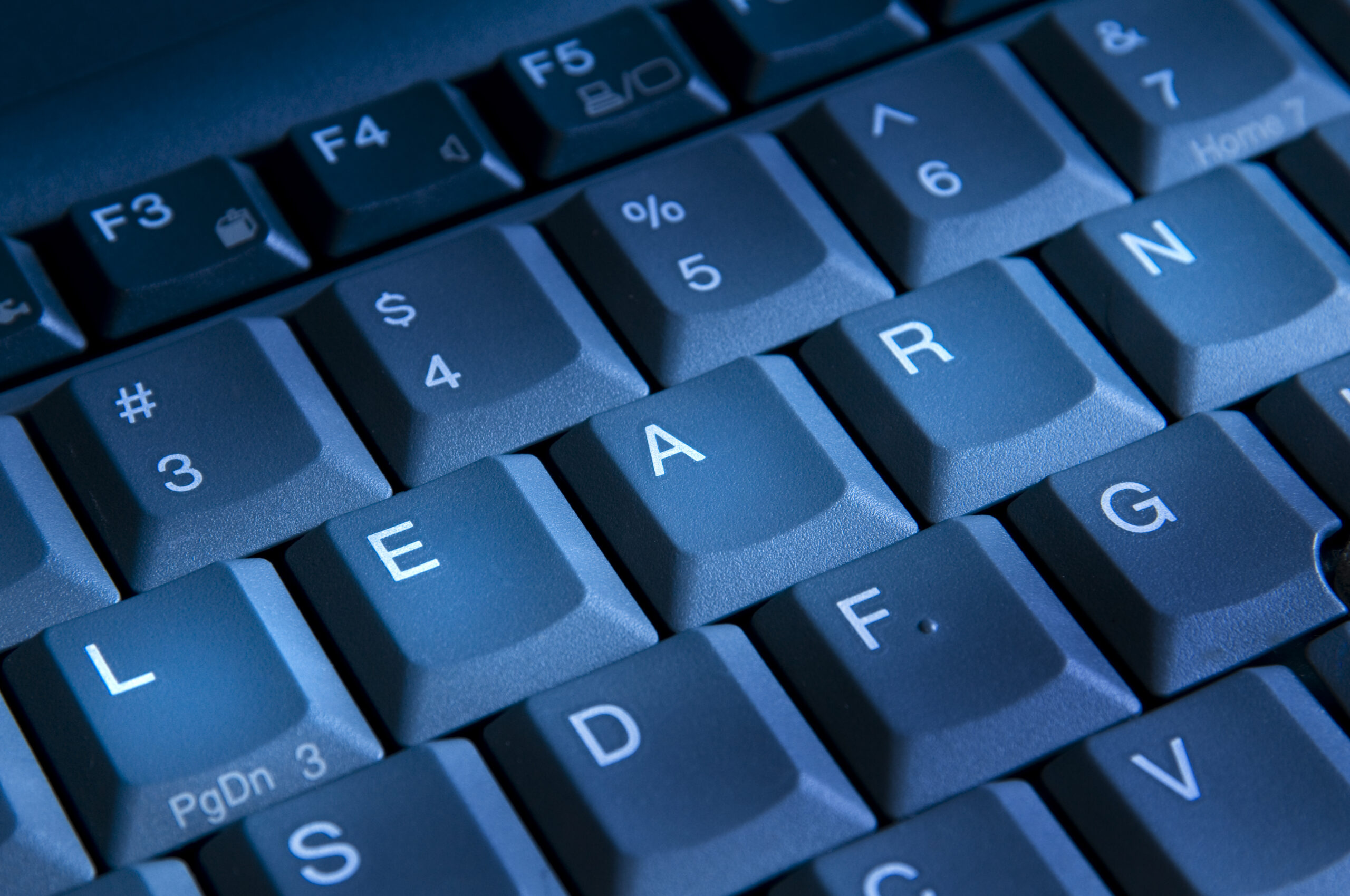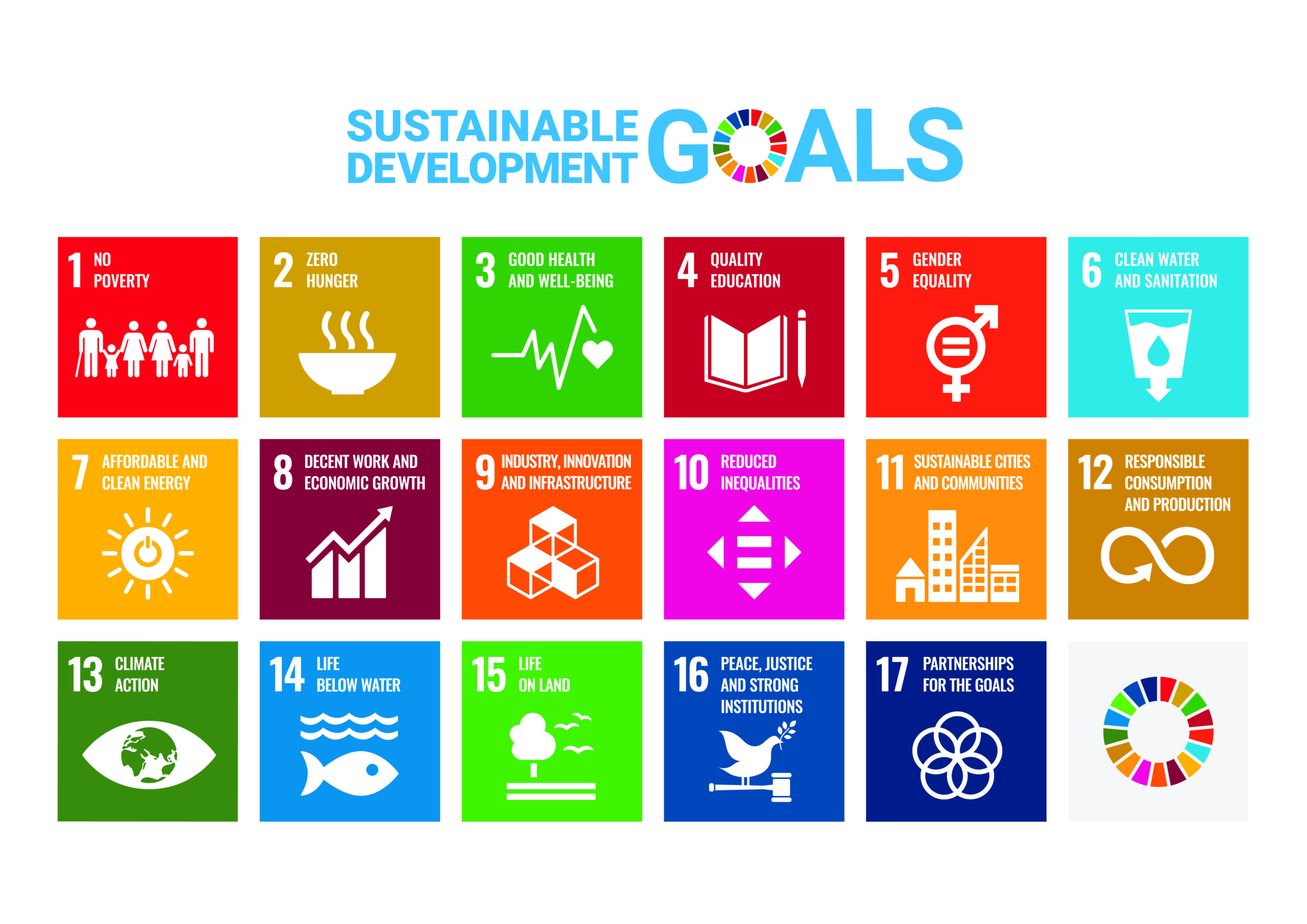-

GenAI@VIU: In Conversation with Julia Hengstler
Julia Hengstler is a professor and educational technologist in VIU’s faculty of education. In this episode, Julia tells us about how using generative AI tools can enhance teaching by enabling personalized content, reimagined assessments, and improved efficiency. We also hear how avoiding AI in education raises ethical concerns, as it can limit students’ learning and…
-

VIULearn quiz question conversion tool
Have you ever struggled to convert a paper quiz to online questions in VIULearn? You can now access a quiz conversion tool in VIULearn designed to make this process much simpler.
-

The Podcast Club: With Special Guests
The Podcast Club invites you to listen, reflect and talk with each other, while thinking & feeling our way into being good participants in the ongoing work of Truth and Reconciliation. Listen to 1-2 podcasts and join lunch meetings with Elders, guests, and group discussions.
-

The Book* Club: Preparing Hearts and Minds
The Office of Indigenous Education and Engagement (OIEE), and the Centre for Innovation and Excellence in Learning (CIEL) are excited to welcome you to the 2025/26 Truth and Reconciliation Professional Development series. The series includes The Book* Club, and the Podcast Club. This is the best book* club you’ve ever joined! Let’s talk with each…
-

Truth and Reconciliation Professional Development Series
The Office of Indigenous Education and Engagement (OIEE), and the Centre for Innovation and Excellence in Learning (CIEL) are excited to welcome you to the 2025/26 Truth and Reconciliation Professional Development series. Featuring an in-person Book* Club and a virtual Podcast Club, we hope all faculty and staff will feel inspired to join us in…
-

Welcoming your students with a trauma-informed syllabus
As you prepare for the new semester, one thing you can do to welcome your students is refresh your syllabus in a trauma-informed way. Trauma-informed practice Trauma-informed practice has its origins in a number of disciplines and social movements including psychology, social work, counselling, child welfare, feminist theory and public health. As Maria Yellow Horse…
-

New in VIULearn this fall
There are three exciting updates to assessment tools in VIULearn this fall. Read on to learn about changes to Assessments and Quizzes.
-

VIULearn Student Orientation & Other Learning Tools – Fall 2025
We offer live webinars to introduce students to the learning technologies available at VIU, especially our online course platform VIULearn. We created this helpful blog post and recorded the orientation so you can take in this information whenever is convenient & as many times as you’d like. Otherwise, go to our Events Calendar to view…
-

Starting Your Semester Off Right
Our first interactions with students will set the tone for the rest of the semester. This initial engagement, whether in person, synchronously via tools like Teams, or asynchronously through VIULearn, provides the perfect opportunity to achieve several key objectives.
-

Sustainability: Teaching and Learning Showcase Series 2025
The May 14 roundtable at the 2025 Teaching and Learning Conference, hosted by the Centre for Innovation in Excellence in Learning (CIEL), focused on the theme of sustainability. The discussion explored how teaching practices can promote environmental responsibility, foster well-being, and strengthen community connections.
-

GenAI@VIU: In Conversation with Liana Appelt
Liana Appelt is an Instructor and Researcher in VIU’s Faculty of Education. In this episode, Liana tells us about the research she is doing with local secondary school teachers and their experience with using GenAI in their work. We also hear about how the research has impacted Liana’s own teaching practices here at VIU. Day…
-

Digital Literacy: Teaching and Learning Showcase Series 2025
Learn how three VIU faculty integrate Digital Literacy into their work and teaching.